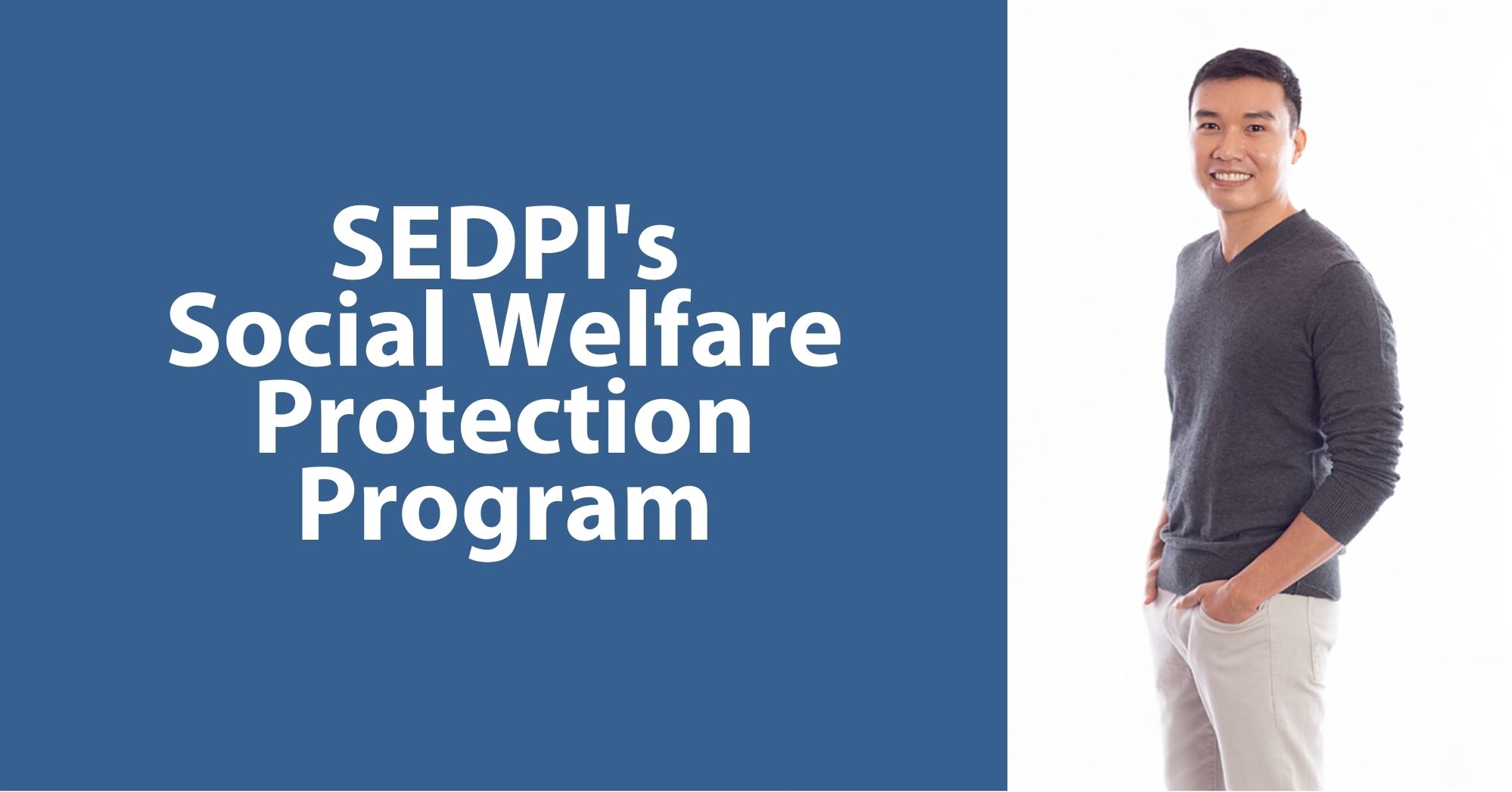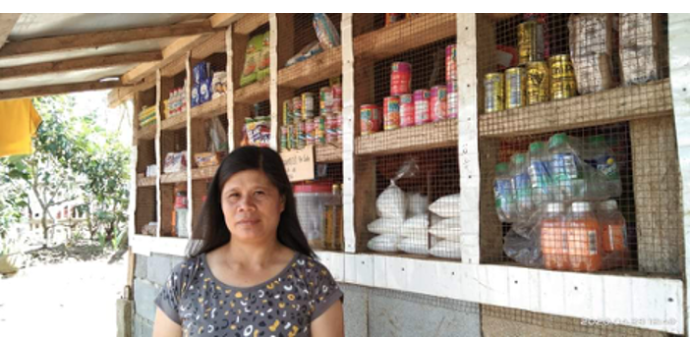Category: Financial Literacy
-
Promoting social investments: Ateneo and SEDPI conducts training of trainers for social investors
Ateneo and SEDPI reached another milestone in their partnership with the implementation of a training of trainers program that aims to develop trainers to promote social investments. Social investments are investments that generate profits as well as social and environmental gains. The training of trainers for social investors was held in different major cities around…
-
SEDPI inks partnership with SSS to bring social safety nets to low income groups
“SEDPI believes that the marginalized sector should be the first to enjoy the benefits of government services,” Vince Rapisura, SEDPI President, said in a statement on the occasion of its Memorandum of Agreement signing with Social Security System (SSS). “Our partnership with SSS will realize this so that low income groups will benefit fron social…
-
Amplifying SEDPI’s practice: 2019 media highlights
In 2019, SEDPI, with the leadership of its founder and president Vince Rapisura, further enhanced its brand as the premier capacity builder in the fields of social entrepreneurship, microfinance and financial literacy in the Philippines. Apart from the organization’s social media page and video blog, #UsapangPera, the organization was able to reach hundreds of thousands…
-
SEDPI pioneers impact investing fora in 9 countries
“I found Vince Rapisura on Facebook and he constantly discusses being a social investor. Through him, I learned that investing can create more value than just mere profit. We can select investments that have a conscious goal of making a positive impact on society,” said a social investor in an online forum. Impact investing are…




